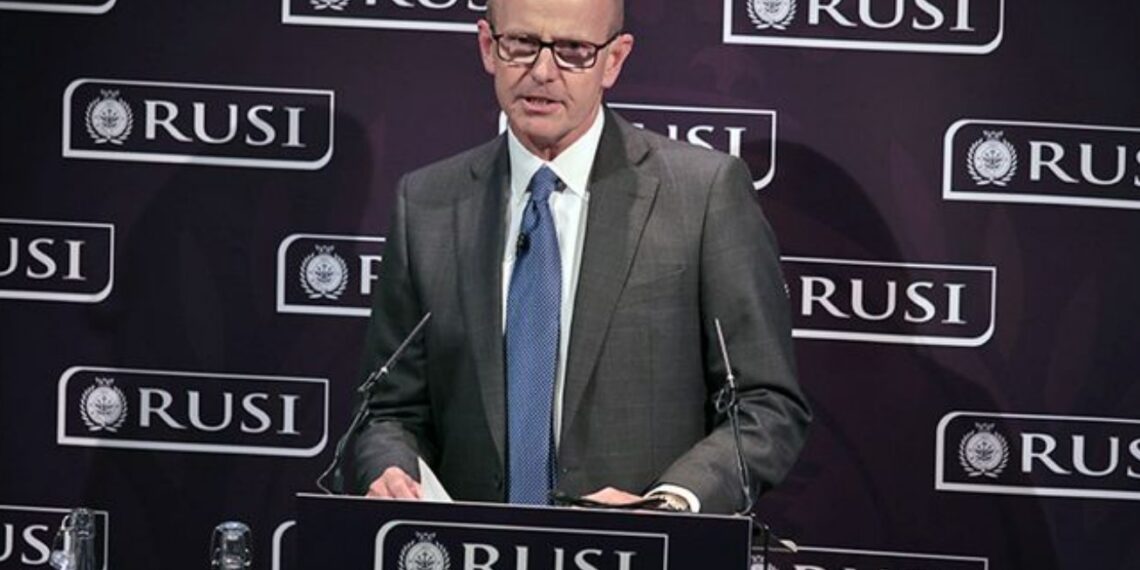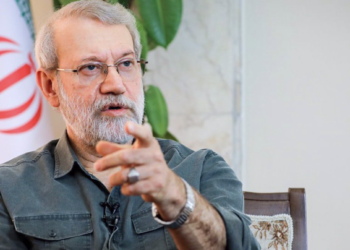LONDON (Realist English). The threat that Russia poses to British national interests is serious, but it has a momentary character. A more serious problem in the long term for London is China, said Jeremy Fleming, director of the UK Government Communications Headquarters (GCHQ).
The main topic of his report was the threat to cybersecurity for Britain and the West as a whole, coming from Russia, but primarily from China.
Britain is concerned about the pace of technology development, with the help of which the Chinese authorities suppress dissent, conduct surveillance of their own citizens, and are also actively engaged in industrial espionage. According to the director of GCHQ, Beijing’s growing ability to attack satellite systems and control the digital currency market also poses a threat.
According to London, the Chinese leadership uses its financial and scientific capabilities to dominate in strategically important technologies — from digital currencies to satellite technologies. While Britain and its allies “strive for scientific and technological progress to ensure prosperity.”
“We must also clearly understand that when it comes to technology, the politically motivated actions of the Chinese state are becoming an increasingly acute problem that we must recognize and solve. That’s because it changes the definition of national security to a much broader concept. Technology has become not just an area of opportunity, competition and cooperation, it has become a battleground for control, values and influence,” the head of the British intelligence service stressed.
Of course, first of all we are talking about science and technology. But, ultimately, it’s about our lifestyle.
He believes that the day may come when China’s technological advances will help Beijing bypass all types of encryption used by the West to protect government and any other facilities.
In addition, by observing the mechanisms for imposing economic sanctions against Russia, Beijing is successfully learning from the mistakes of others and is becoming less vulnerable to such measures if one day they are directed against it — for example, in the event of an attack on Taiwan.


















